We all have minor routines that make us feel better, but we can live without them as well. For example, we might consider something lucky or follow a habit that seems safe. These behaviours are far more intense and disruptive in people with obsessive-compulsive disorder (OCD), and they are fuelled by unpleasant thoughts that don’t go away. Obsessive-compulsive disorder is a serious illness that causes issues in a person’s life. It is not always easy to understand.
What is OCD?
Obsessive-compulsive disorder (OCD) is a mental issue. Obsessions and compulsions make up the two sections. Obsessions, compulsions, or both can create a great deal of distress in people. Obsessions are unwelcome and recurring ideas, desires, or pictures that persist. They are really stressful. Someone might be concerned about infecting individuals they care about by bringing germs into the house. Obsessions can be focused on just about anything. Obsessive thoughts can be a source of discomfort. Obsessions aren’t generally focused ideas, and they have little to do with a person’s character.
They are signs of a disease. Compulsions are behaviours that are performed in order to reduce anxiety brought on by obsessions. Washing, cleaning, and arranging things in a specific sequence are examples of compulsions. Other actions go unnoticed by others. Some people, for example, may mentally count objects or repeat words. Some people say it makes them feel compelled to do something until it seems correct. It’s critical to recognize that compulsions are a coping mechanism for obsessions. If a person with OCD is unable to execute a compulsion, they may become distressed. People with OCD are frequently aware that their obsessions and compulsions are illogical, but they nonetheless feel unable to control them. Obsessions and compulsions can evolve over time as well.
Who does it affect?
Anyone can be affected by OCD. Researchers aren’t sure what causes OCD, but several factors, including family history, biology, and life experiences, are likely to have a part.
What can I do about it?
Obsessive-compulsive disorder can be difficult to understand and explain to others. Your experiences may make you feel humiliated, ashamed, or guilty. It can be difficult to seek help when you are experiencing these emotions. It can be difficult to go about your regular life if you have obsessions or compulsions that occupy a lot of time. OCD is often described as something that takes over a person’s life, and dealing with it is difficult. The good news is that OCD can be managed. It’s critical to speak with a medical professional.
Counselling and support
Cognitive-behavioral treatment (or CBT) has been showed to be useful in treating patients who suffer from OCD. It teaches you how your thoughts, feelings, and behaviours interact, as well as problem-solving, stress management, realistic thinking, and relaxing techniques. Therapy for OCD may also include an exposure and response prevention technique, which teaches you new ways to think about your obsessions and compulsions. Support groups can be really beneficial.
They’re a great way to share your stories, learn from others, and connect with individuals who understand your struggles. Support groups can be a helpful method to develop a support network for persons with OCD because it can make them feel very alienated and alone. At home, you can try a variety of self-help techniques. Small changes like eating healthily, exercising consistently, and sleeping well can make a big difference. Many CBT techniques, such as problem-solving and addressing anxious thoughts, can be practised on your own. Inquire with your support team about CBT-related community organisations, websites, or publications. It’s also crucial to spend time doing things you enjoy and connecting with loved ones.
Medication
The most commonly prescribed treatment for OCD is antidepressants. Anti Anxiety medications (benzodiazepines) are not frequently the initial treatment option for OCD because they are less effective.
For detailed advice on Counselling for Obsessive-Compulsive Disorder (OCD), please contact Simply Align Rehab Physio in Scarborough/Toronto at simplyalignrehab.com, or phone or text us at (416) 628-8554 for your Physiotherapy or Chiropractor needs in Toronto.
